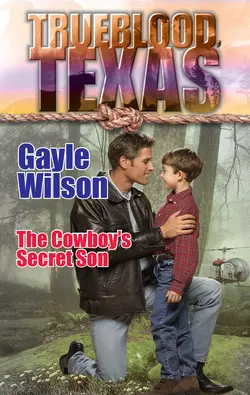The Cowboy′s Secret Son

Gayle Wilson
Тип: электронная книга
Жанр: Современные любовные романы
Язык: на английском языке
Стоимость: 458.46 ₽
Статус: В продаже
Издательство: HarperCollins
Дата публикации: 16.04.2024
Отзывы: Пока нет Добавить отзыв
О книге: Isabella Trueblood made history reuniting people torn apart by war and an epidemic. Now, generations later, Lily and Dylan Garrett carry on her work with their agency, Finders Keepers. Circumstances may have changed, but the goal remains the same.LostHis first love. Mark Peterson had never gotten over Jillian Salvini′s desertion ten years ago. She and her family had left in the middle of the night. Mark′s heart hadn′t recovered. Now that she was back, was a second chance possible?FoundHer son′s father. When Jillian and her son, Drew, reclaimed her family′s Panhandle homestead, she′d never expected there would still be a Peterson in residence next door. Of course, she′d never expected her ranch to be sabotaged. Or to find out what had terrified and made enemies of her father and Mark′s so long ago.Finders Keepers: bringing families together